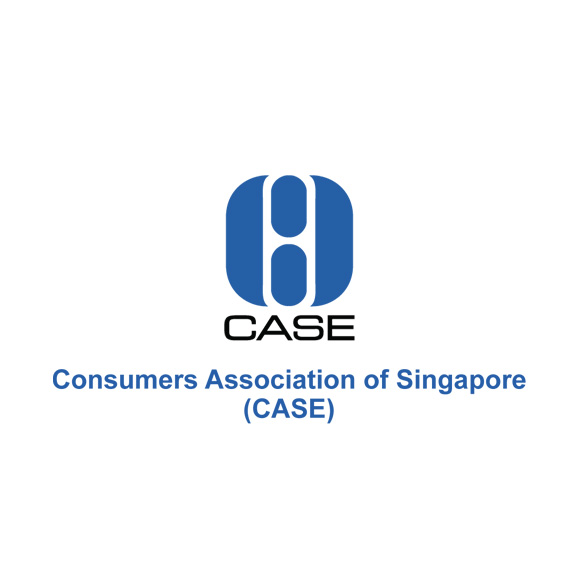
Singapore releases new advertising guidelines for overseas property investment
Gleb Zoubov, Alpha Pacific Group
27th of August, 2015
SINGAPORE: The new Appendix “J” to the Singapore Code of Advertising Practice aims to eliminate speculative and misleading claims on advertisements for overseas real estate investments.
The Advertising Standards Authority of Singapore (ASAS) had issued an update on the 3rd of August 2015, implementing “enhanced guidelines” for regulation of advertising foreign real estate properties and investment services. The Appendix “J” rules are aimed to minimize the recent increase in the number of claims of speculative and misleading advertisements and raise the standards of disclosures and warnings to sufficiently highlight the potential investment risks to investors.
The Consumers Association of Singapore (CASE), which is the governing body of ASAS; revealed that Singaporeans are on the Asia’s top real estate property buyers. In recent years the number of purchases overseas by Singaporeans had increased, which was directly linked to the increasing amount of foreign properties being advertised in the city. At the same time CASE had reviewed over 23 complaints since 2013, most of which deal with consumers not receiving the promised returns for their investments.
“We want to ensure that the consumers are not given false hope,” said CASE Executive Director Seah Seng Choon.
“For example, the higher returns investors put in their advertisement has to be substantiated. The main objective is really to ensure that advertisements are legal, accurate and ethical. In a nutshell, we want to see transparency in their disclosure and the advertisements should reflect the factual information that consumers should receive.”
Under the new guidelines, overseas real estate advertisers have to clearly state information in regards to the development and features of the property, including financial data and potential ownership liabilities and restrictions.
Under the changes, foreign property advertisements must clearly provide information about the development and features of the property, including tax liabilities and potential ownership restrictions.
Advertisers are given a three month grace period to fulfil existing contractual requirements and adhere to the changes. While these new guidelines do not have the force of the law, they serve as a helpful stop-gap measure to better regulate the products and services which do not necessarily fall under the purview of a specific regulatory agency.
Article image via https://www.case.org.sg/



